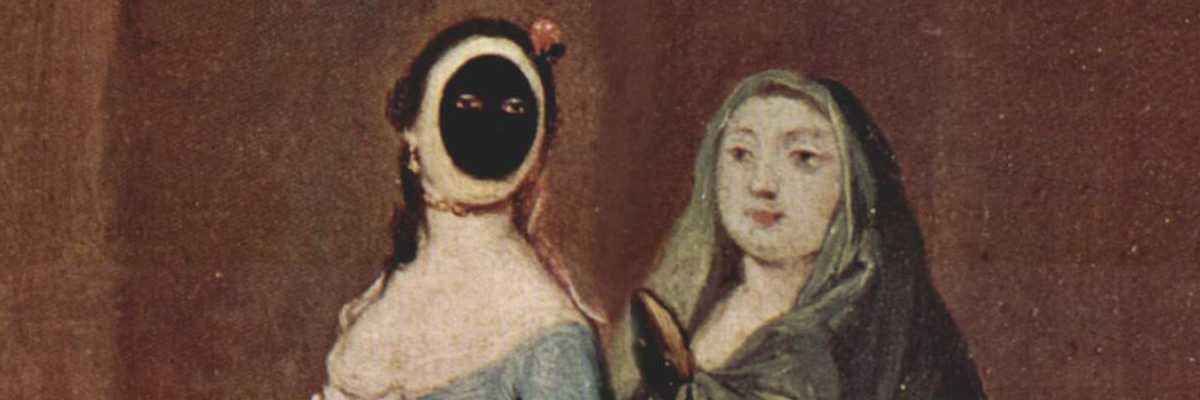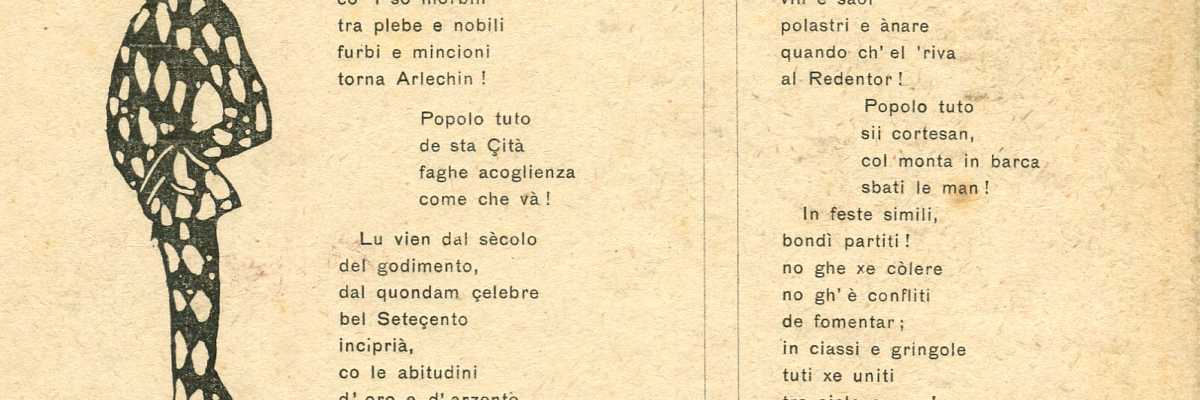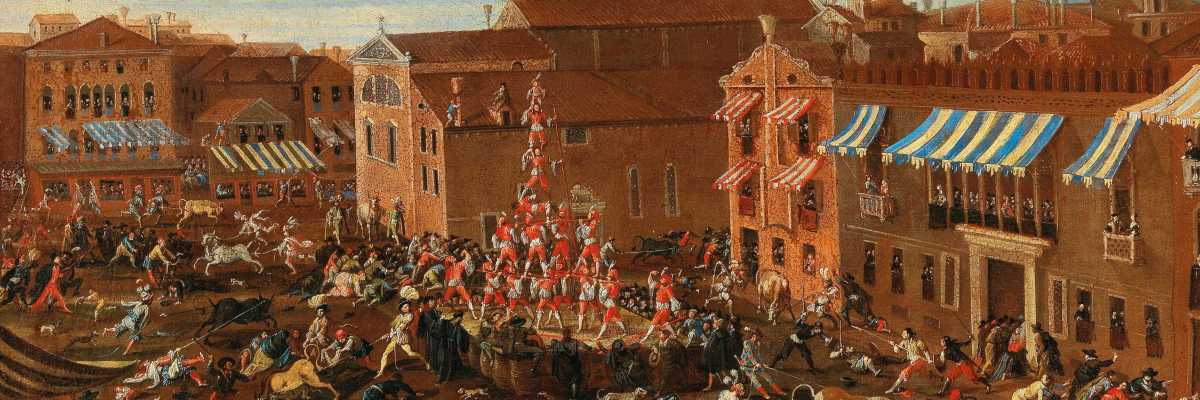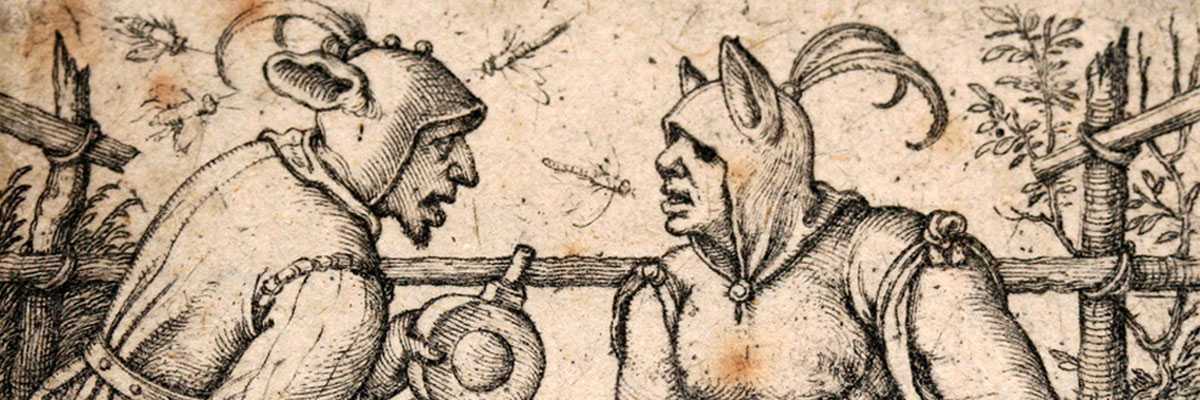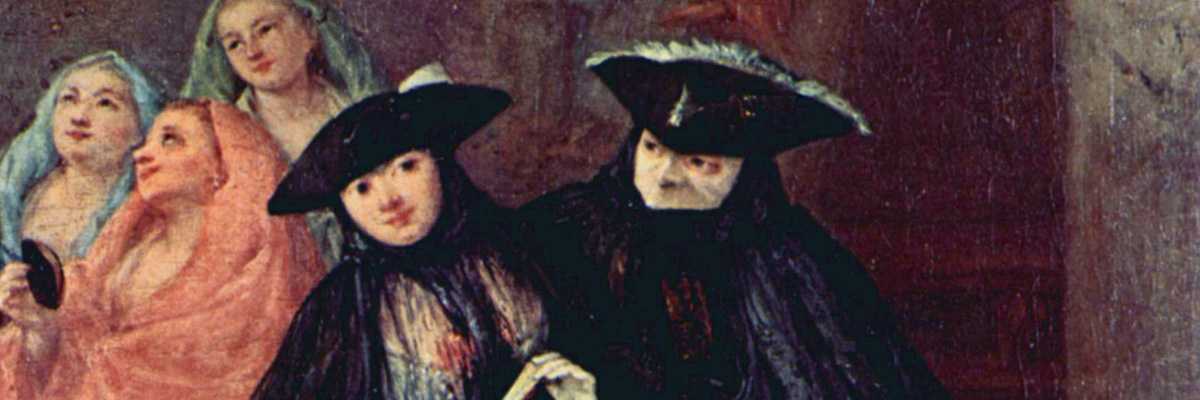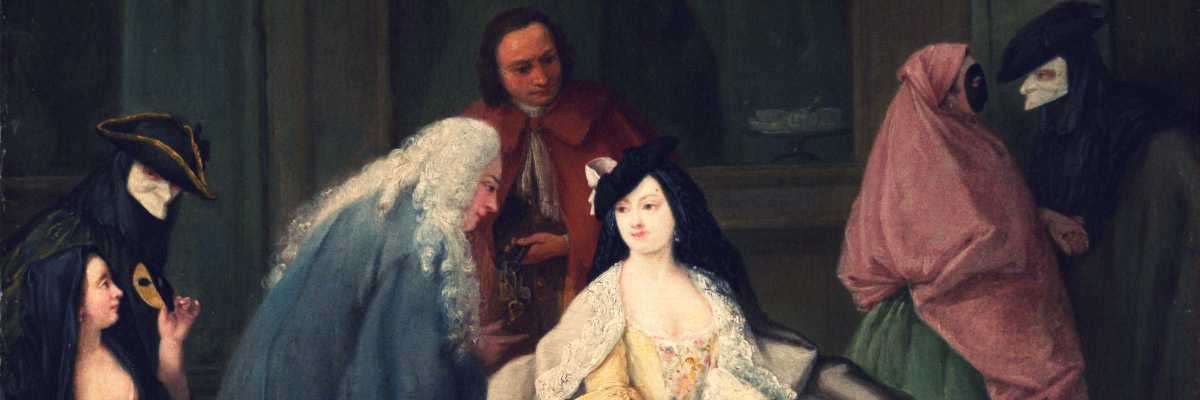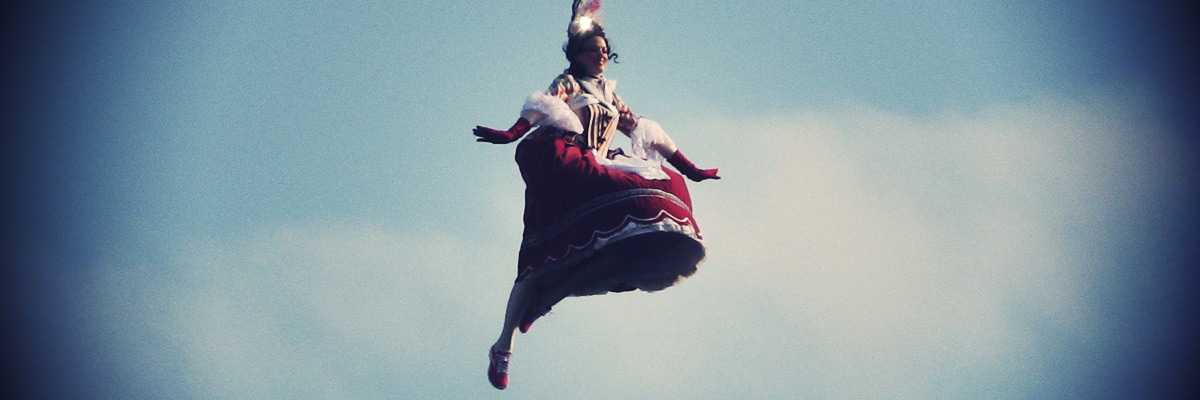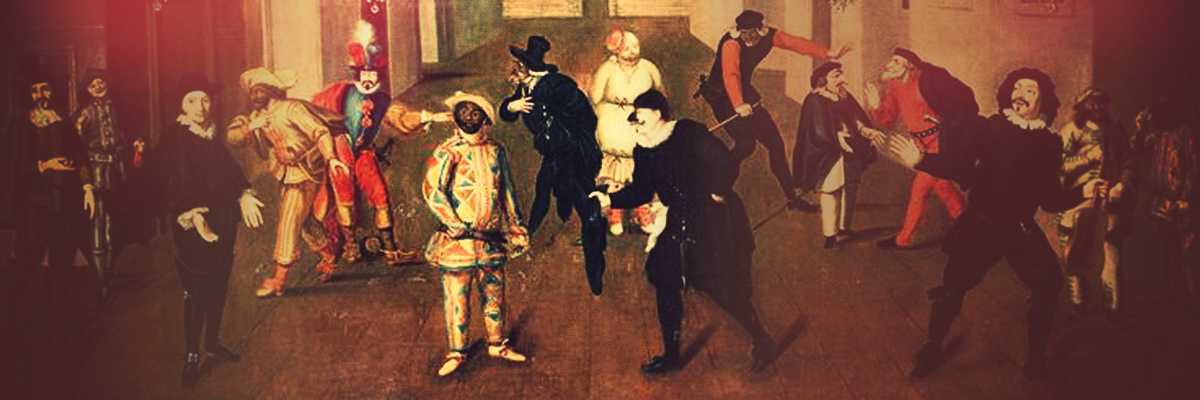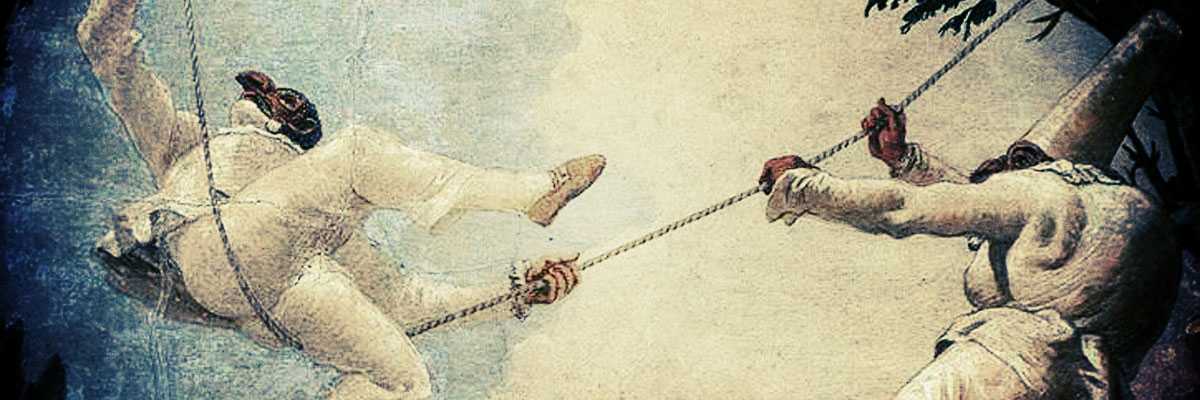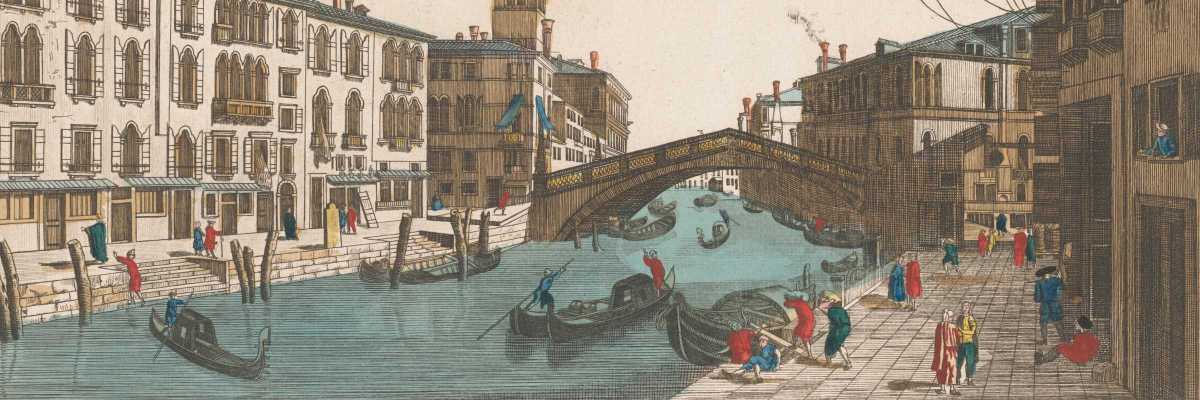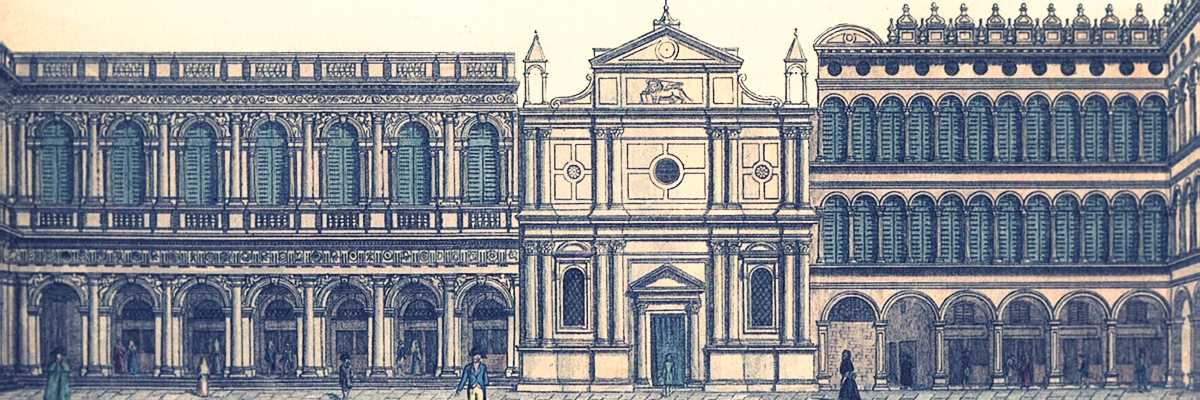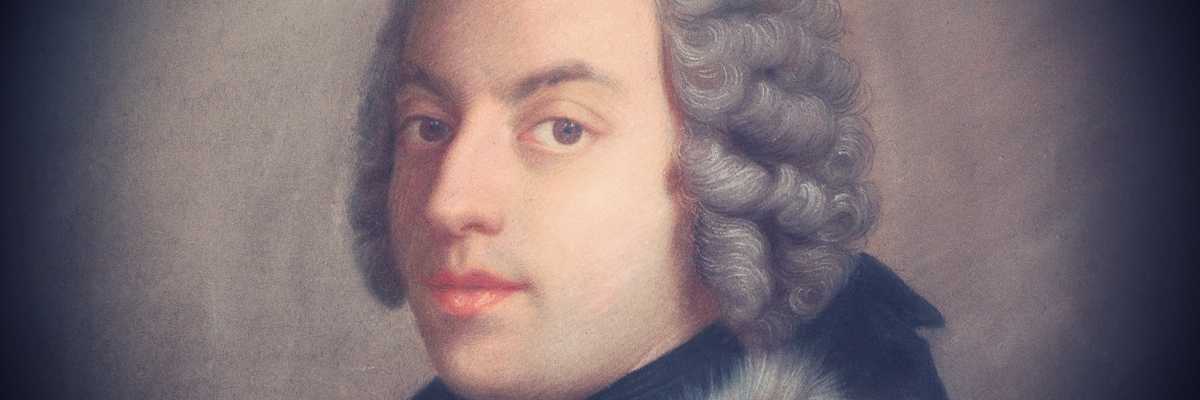The word Carnival comes from the Latin — carnem levare, that is, to "remove the meat" — originally referring to the first day of Lent. The Venetian Carnival has been celebrated since 1094 under the Doge Vitale Falier, dedicated to public entertainment in the days before Lent. In 1296 the Senate of the Republic declared the last day before Lent a holiday, thus making the Carnival a public holiday.Since then, Carnival has always remained fashionable among the Venetians and become known abroad. It used to begin on the first Sunday of October, intensifying the day after the Epiphany and culminated
Already subscribed? Login →
Continue reading:
7,99€ per month, or 59€ per year
Zero noise. Pure discovery. Total privacy.
You can unsubscribe whenever you want.
or

